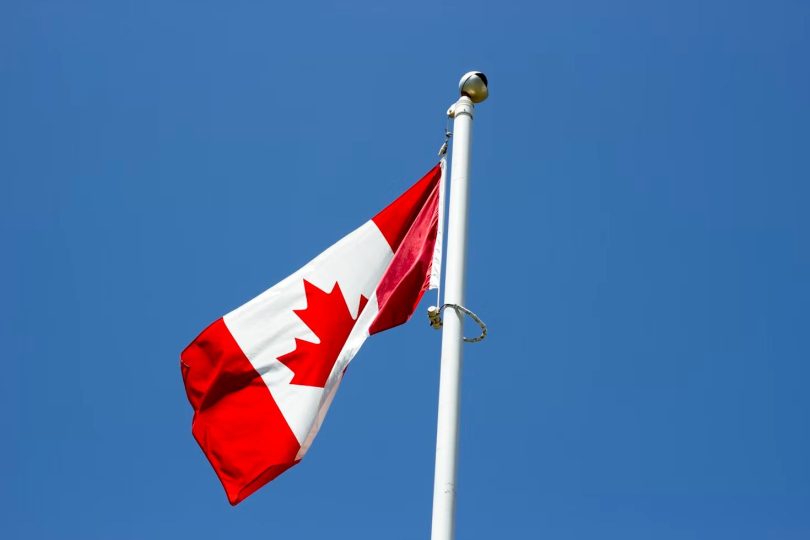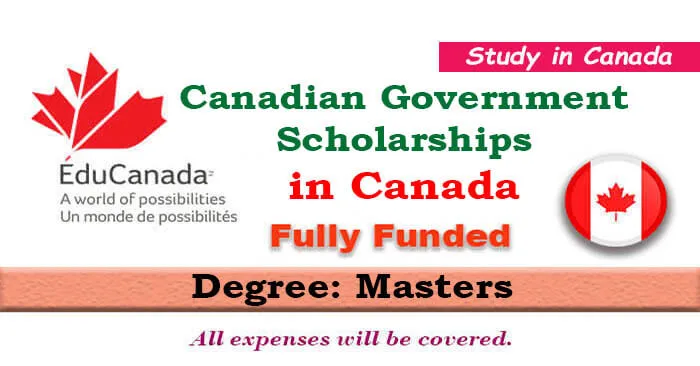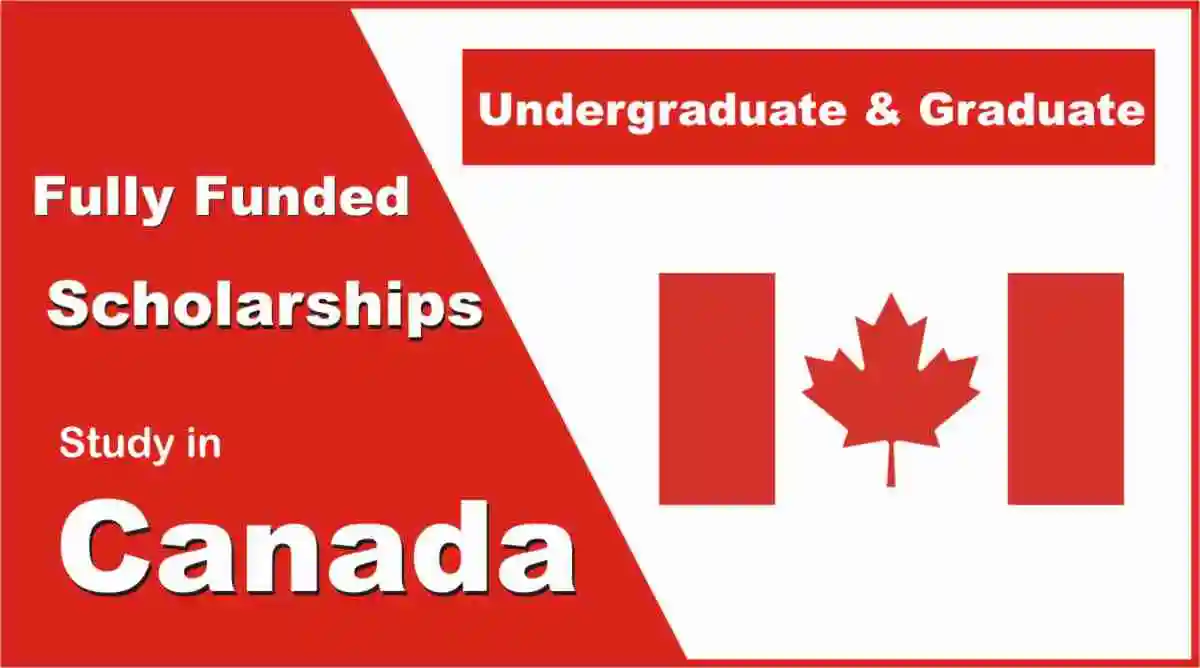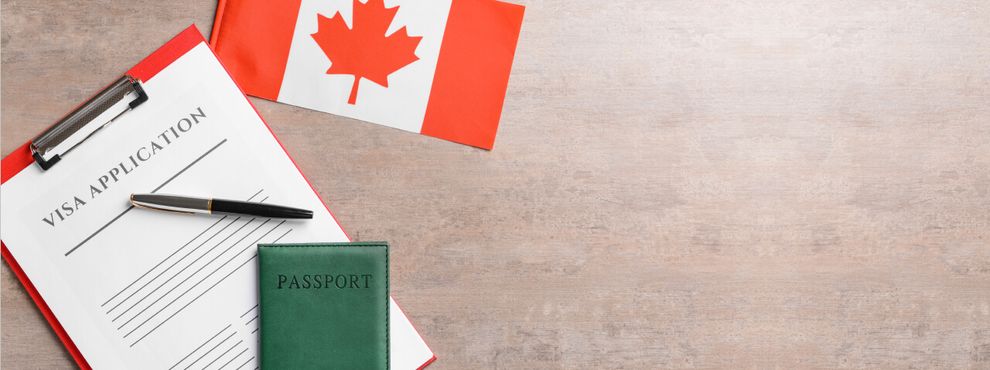Advertisements
Canada’s immigration system is developed to attract skilled workers, reunite families, and provide refuge for those fleeing persecution.
In this guide, you’ll learn:
- About the different types of immigration programs that are available In Canada
- Factors that determine eligibility
- The steps involved in the application process, and the costs associated with immigration
READ ALSO: Healthcare Jobs in Canada
What Are The Different Immigration Programs Available In Canada?
Canada offers several pathways to help you settle there, depending on your skills, family connections, or humanitarian needs. Here are some of the main immigration programs you can check out:
1. Economic Immigration Programs
One of the most popular ways for skilled workers to immigrate to Canada is through Express Entry. This system manages applications for three main federal programs:
- Federal Skilled Worker Program: Designed for individuals with foreign work experience and skills in high-demand jobs.
- Federal Skilled Trades Program: Suitable for those with experience in skilled trades, such as plumbing or electrical work.
- Canadian Experience Class: This class is for people who have already worked in Canada and wish to become permanent residents.
2. Provincial Nominee Programs (PNP)
Each province and territory in Canada has an immigration program called the Provincial Nominee Program (PNP). These programs allow provinces to nominate individuals based on their specific labor market needs. If your skills are in demand in a particular province, this can be a great way to settle in Canada.
3. Family Sponsorship
Through the Family Sponsorship program, Canadian citizens or permanent residents can sponsor their relatives. This includes spouses, children, parents, and grandparents, helping families reunite in Canada.
READ ALSO: Top 5 Employers Who Provide Visa Sponsorship For Farm Workers In Canada
4. Humanitarian And Refugee Programs
Canada also protects people fleeing danger or persecution in their home country. So, If you’re in such a situation, you may qualify for the Humanitarian and Refugee Programs. With that said, there are additional pathways to immigrate to Canada, such as:
5. Start-up Visa Program:
For entrepreneurs with innovative business ideas that can contribute to Canada’s economy.
6. Atlantic Immigration Program:
This program targets skilled workers and international graduates who want to live in the Atlantic provinces of Canada.
READ ALSO: 10 Best Jobs in Canada that Don’t Require a Degree
How Do I Determine My Eligibility for Immigration to Canada?
Here are key areas that will determine your eligibility:
1. Age
Your age plays a part in earning points for Canadian immigration. The ideal age range for maximum points is between 18 and 35 years old, which gives you 12 points.
Advertisements
As you age beyond 35, the points start to decrease. For instance, if you are 36, you would receive 11 points, and by age 47, you no longer earn points for your age.
2. Education
Your education level can add up to 25 points to your score. If you have a doctorate, you’ll score the most points, while a high school diploma gives you the least.
And, If you earned your qualifications outside Canada, have them evaluated to confirm they meet Canadian standards.
3. Work Experience
Your work experience is another essential factor. You must have at least one year of work experience in a skilled job that falls under NOC TEER categories 0, 1, 2, or 3.
The more years of relevant experience you have, the more points you can earn. Make sure to document your work history to maximize your score.
4. Language Proficiency
Language proficiency in either English or French is a key requirement. You will need to take a recognized test like the IELTS for English or the TEF for French.
To qualify, you must score at least Canadian Language Benchmark (CLB) level 7, though higher scores can greatly increase your total points.
5. Adaptability
Canada also looks at how well you can settle in the country. You can earn additional points if you have family members living in Canada, previous work experience in Canada, or if you’ve studied in the country. These adaptability factors can make a big difference in your total score.
6. How Points Are Calculated?
To qualify for the Federal Skilled Worker Program (FSWP), you need to score at least 67 points out of 100. Your points are based on the above factors, and each category contributes to your total score.
To get a quick understanding of your eligibility, you can use online tools provided by Canadian immigration websites.
These tools allow you to input your information and calculate your points, giving you an idea of which immigration program might be the best fit for you.
READ ALSO: How to Apply for Permanent Residence in Canada
What Is the Application Process for Immigrating to Canada?
Here’s a guide to help you apply for permanent residency in Canada:
Step 1: Determine Your Eligibility
Before you begin the application process, find out if you are eligible for one of Canada’s immigration programs. Canada offers different pathways, and eligibility depends on your situation, such as your skills, work experience, or family ties. You can use the “Come to Canada Tool” on the official Canadian government website to check if you qualify.
Step 2: Choose Your Immigration Program
Canada offers several immigration programs. The main ones include:
Advertisements
- Express Entry
- Provincial Nominee Programs (PNP
- Family Sponsorship
Step 3: Create An Online Profile (For Express Entry Applicants)
If you’re applying through the Express Entry program, you’ll need to create an online profile. This step involves providing key details about your skills, work history, education, and language test results (such as IELTS). Your profile helps the government assess whether you are eligible for the Express Entry pool.
Step 4: Receive A Comprehensive Ranking System (CRS) Score
After you submit your Express Entry profile, you’ll receive a Comprehensive Ranking System (CRS) score. This score ranks you against other candidates based on factors like age, education, work experience, and language proficiency. The higher your CRS score, the better your chances of receiving an invitation to apply for permanent residency.
Step 5: Wait For An Invitation To Apply (ITA)
Once you’re in the Express Entry pool, Canada regularly conducts draws to invite candidates with the highest CRS scores. If your score is high enough, you’ll receive an Invitation to Apply (ITA) for permanent residency.
Step 6: Submit Your Application
After receiving the ITA, you have 60 days to submit your application for permanent residency. This application will require detailed documentation, including proof of work experience, educational qualifications, and language test results. Make sure to have all your documents in order before submitting.
Step 7: Undergo Medical And Security Checks
Once your application is in, the next step is undergoing a medical examination and background checks. After you’ve completed all the steps and submitted the required documents, the final step is waiting for a decision from Immigration, Refugees, and Citizenship Canada (IRCC). The process takes around six months, but it may vary depending on your specific situation.
READ ALSO: Canada Unskilled Jobs
What Are the Costs Associated with Immigration to Canada?
Here’s a breakdown of the main expenses you can expect when going through the process.
1. Application Fees
The first set of costs comes from the application fees, which differ based on the immigration program you are applying for.
- Express Entry: If you’re applying through the Express Entry program, the application processing fee is CAD 950 per person. Additionally, before becoming a permanent resident, you must pay a Right of Permanent Residence Fee of CAD 575.
- Provincial Nominee Programs (PNP): For PNP, application fees vary depending on the province. These fees can range from 250 CAD to 1,500 CAD based on where you are applying.
- Family Sponsorship: If you’re sponsoring a family member, the application fee is CAD 1,135 per person. This fee applies to each individual you are sponsoring.
2. Settlement Funds
In addition to the application fees, you will need to show proof of settlement funds. These funds prove that you can financially support yourself and your family once you arrive in Canada. The amount required depends on the size of your family:
- For a single applicant, approximately CAD 13,000 is required.
- For a couple, around CAD 24,000 is needed.
- You will also need to show additional funds for each dependent child.
Apart from the application fees and settlement funds, there are a few other costs to keep in mind during the immigration process:
3. Medical Examinations:
All applicants are required to undergo a medical examination. The cost of this exam typically ranges between CAD 100 and CAD 300 per person, depending on the country where the examination is conducted.
4. Language Proficiency Tests:
If you need to take a language proficiency test such as IELTS or CELPIP, expect to pay between CAD 300 and CAD 400 for the test.
Police Certificates:
You will likely need to obtain police clearance certificates from the countries you’ve lived in. The cost of obtaining these certificates varies by country but generally falls between CAD 50 and CAD 200.
Advertisements






